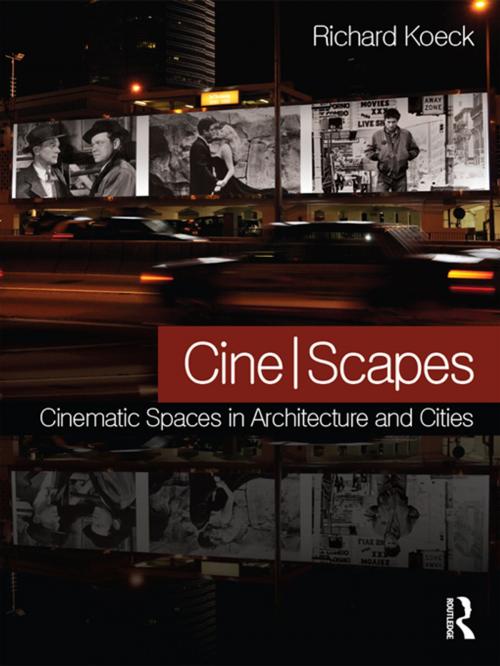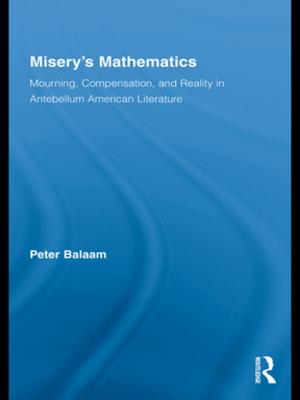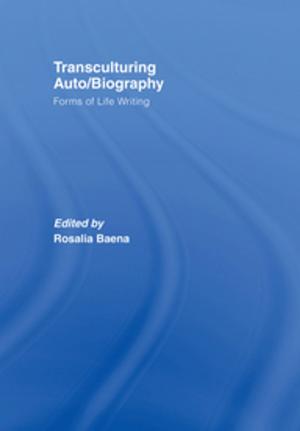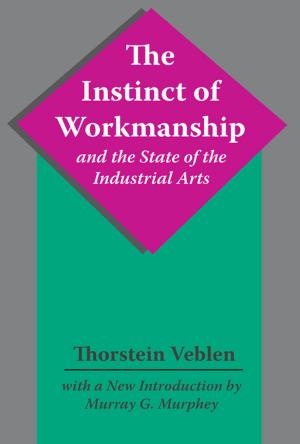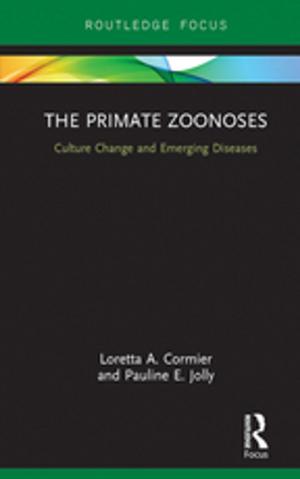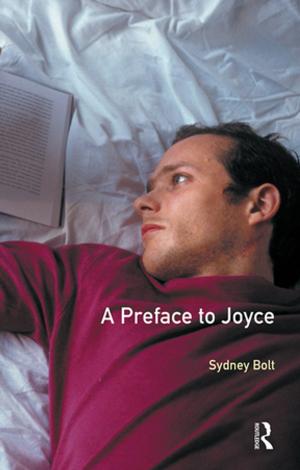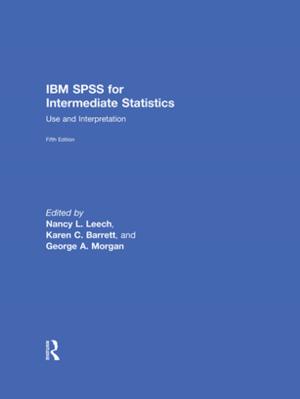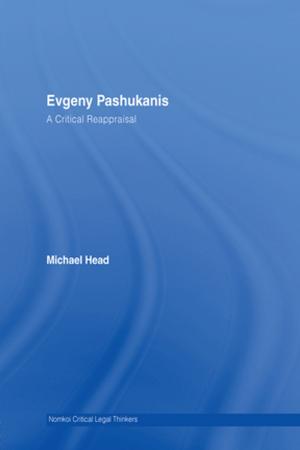| Author: | Richard Koeck | ISBN: | 9781135725679 |
| Publisher: | Taylor and Francis | Publication: | November 12, 2012 |
| Imprint: | Routledge | Language: | English |
| Author: | Richard Koeck |
| ISBN: | 9781135725679 |
| Publisher: | Taylor and Francis |
| Publication: | November 12, 2012 |
| Imprint: | Routledge |
| Language: | English |
Cine-scapes explores the relationship between urban space, architecture and the moving image. While an impressive amount of research has been done with regards to the way in which architecture is portrayed in film, this book offers a new perspective....
What happens if we begin to see the city as a place for an embodied visual consumption; a visual apparatus or, perhaps, a system that is based on movement, light and the body, and which we can explore in kinematic, kinetic, and kinaesthetic ways?
Using film as a lens through which we look at urban spaces and places, Richard Koeck reveals the filmic and cinematic phenomena and spatial qualities that are present in postmodern landscapes, and which are perhaps otherwise disregarded or merely passively consumed.
Drawing on the author’s extensive knowledge derived from architectural and film practice, Cine-scapes:
-
offers insight into architecture and urban debates through the eyes of a practitioner working in the fields of film and architectural design
-
emphasizes how filmic/cinematic tendencies take place or find their way into urban practices
-
can be used as a tool for educators, students and practitioners in architecture and urban design to communicate and discuss design issues with regard to contemporary architecture and cities
Cine-scapes ignites new ways of seeing, thinking and debating the nature of architecture and urban spaces.
Cine-scapes explores the relationship between urban space, architecture and the moving image. While an impressive amount of research has been done with regards to the way in which architecture is portrayed in film, this book offers a new perspective....
What happens if we begin to see the city as a place for an embodied visual consumption; a visual apparatus or, perhaps, a system that is based on movement, light and the body, and which we can explore in kinematic, kinetic, and kinaesthetic ways?
Using film as a lens through which we look at urban spaces and places, Richard Koeck reveals the filmic and cinematic phenomena and spatial qualities that are present in postmodern landscapes, and which are perhaps otherwise disregarded or merely passively consumed.
Drawing on the author’s extensive knowledge derived from architectural and film practice, Cine-scapes:
-
offers insight into architecture and urban debates through the eyes of a practitioner working in the fields of film and architectural design
-
emphasizes how filmic/cinematic tendencies take place or find their way into urban practices
-
can be used as a tool for educators, students and practitioners in architecture and urban design to communicate and discuss design issues with regard to contemporary architecture and cities
Cine-scapes ignites new ways of seeing, thinking and debating the nature of architecture and urban spaces.
